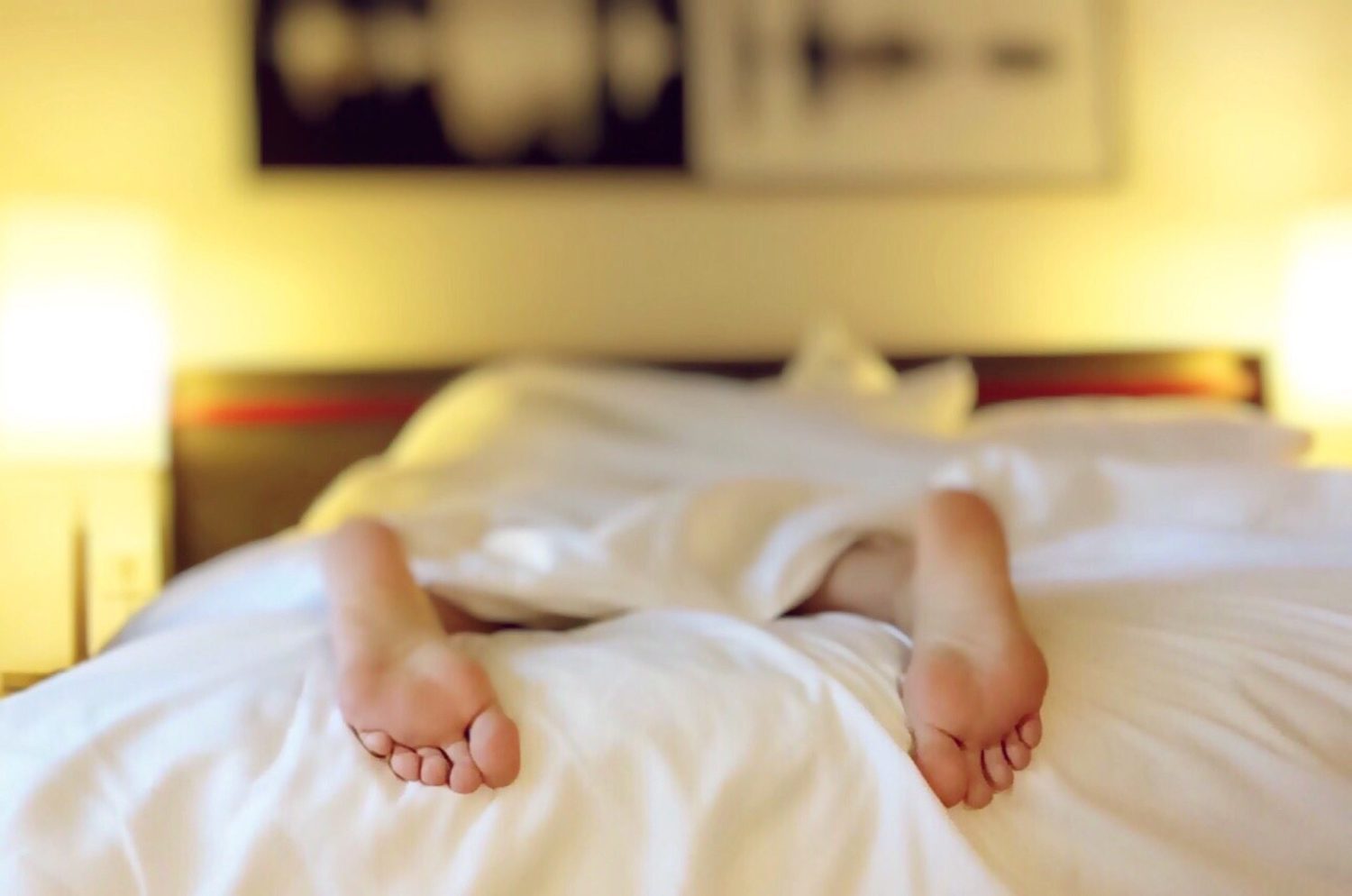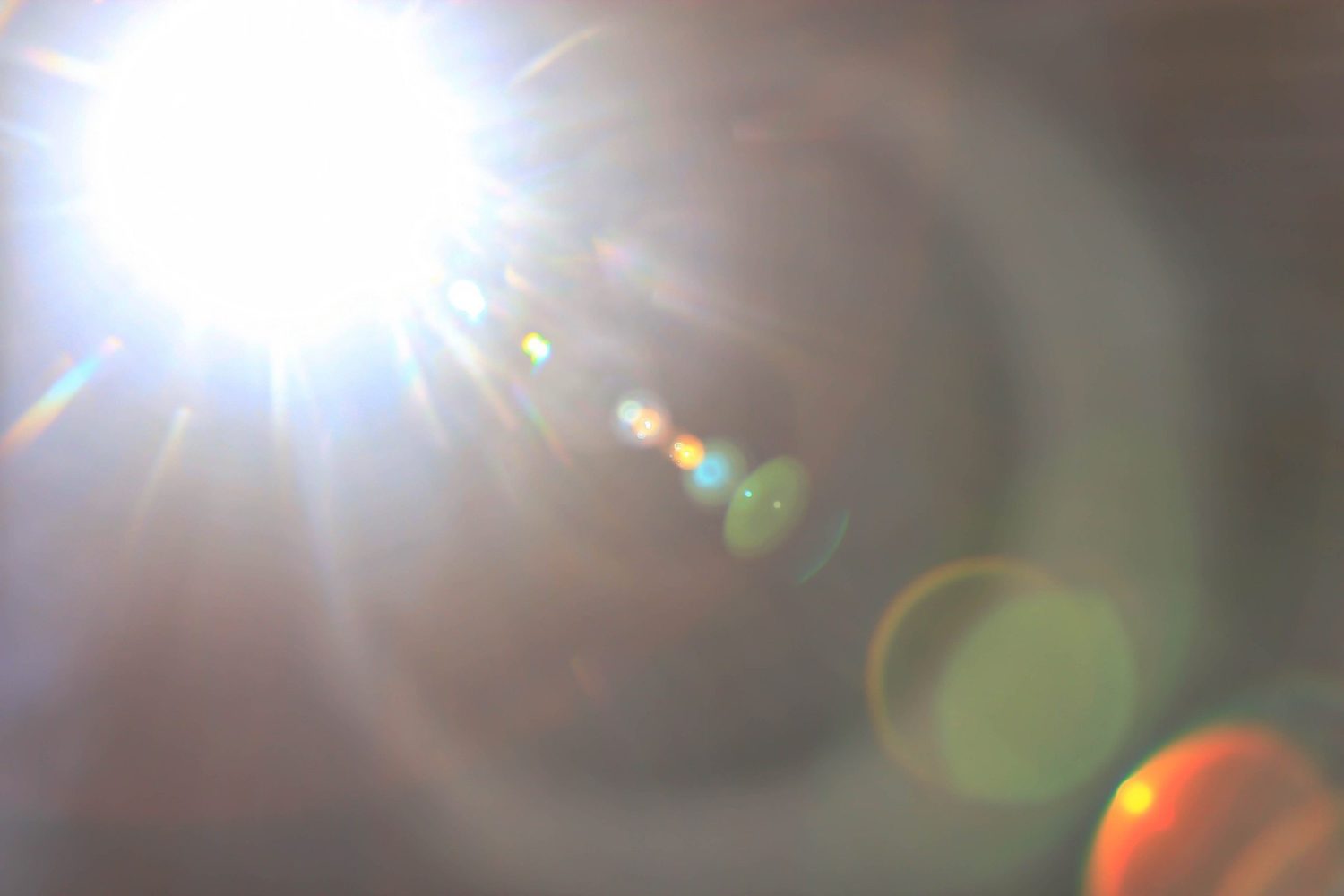
Migraine Triggers: What are Migraines and How to Avoid Them
What are migraines?
Though migraines are common (migraines and tension type headaches are the second and third most common disease in the world) the exact cause of migraines is still not fully understood. However, specialists have been able to determine common migraine triggers. Knowing what these triggers are might help you prevent a future migraine by avoiding the migraine triggers that we’ll talk about below.
Migraines are ranked as the seventh most disabling disease among all diseases globally, and the leading cause of disability among all neurological disorders. Migraines and headaches are leading causes of outpatient and emergency department visits and are particular issues for women during their reproductive years. However, many people who suffer from migraines and headaches do not receive adequate treatment and care, instead choosing to rely on over the counter medications, such as ibuprofen and acetaminophen. Healthcare and lost working days due to migraines cost as much as $36 billion in the US alone.
According to the World Health Organization (WHO), there are four types of headache disorders:
- Migraines
- Tension type headaches
- Cluster headaches
- Medication overuse headaches
Migraines will often begin in childhood, mostly during puberty, and mostly affects those between 35 and 45 years old, but recurs over the lifetime. It is also twice as common in women than men, mostly due to hormonal differences. Migraine frequency can vary from between once a week to once a year.
Though the causes are not completely understood, it appears to result from a combination of genetics and environmental factors. Brain chemistry, such as the lowering of serotonin levels, may be a factor, but researchers are still studying the role of serotonin in the brainstem. Migraines are thought to be the result of the activation of a mechanism in the brain, which releases the inflammatory substances around the nerves and blood vessels of the head that causes a migraine. You can tell you have a migraine as opposed to a regular headache because your headache will be:
- Moderate or severe
- Pulsating
- On one side of your head
- Aggravated by movement
- Lasting from hours to 2-3 days
If your headache has all of these features, accompanied by nausea and sensitivity to light and sound, you’re probably experiencing a migraine. Hopefully, this list is helpful in avoiding potential triggers and future migraine attacks.
15 Common Migraine Triggers
Stress
It’s well known how bad stress is for the body. Stress is the most commonly reported migraine trigger, most likely because it is so personal and difficult to control. Stress can cause more frequent migraine attacks, make migraine attacks worse, and make migraine attacks last longer. Even after the stressful situation ends, the sudden release of tension can cause a migraine to occur – this is called a weekend migraine. Though it is virtually impossible to avoid stress, you can learn ways to manage it better, such as eating healthy, exercising regularly, and learning relaxation techniques, like yoga or meditation.
Hormone changes
Since migraines affect twice as many women as men, it’s no surprise that hormones play a large part. Fluctuations in estrogen seem to be the trigger for many women. Those with a previous history of migraines often report that they have headaches before or during their periods when estrogen levels are at their lowest. Hormone medications, such as contraceptives and hormone replacement therapy have been reported to either worsen or help migraines, depending on the woman.
Sleeping in
Changes in sleeping patterns can trigger a migraine, which is why it’s important to try to wake up around the same time every day. Sleeping in may cause what’s known as a “weekend migraine” especially if there is a large difference between your weekday and weekend timetables.

Too much or not enough sleep may be migraine triggers
Lack of sleep
On the other hand, fatigue and a lack of sleep is also a very common migraine trigger. Fatigue can also be a warning sign for an impending migraine attack. Either way, it seems that any kind of sleep disturbance is a trigger for many people, and you should try to go to sleep and wake up at the same time every day regardless of it’s a weekday or weekend.
Perfume
Many migraine sufferers report that attacks are triggered by strong perfume and other strong odors. Additionally, osmophobia is an aversion to that is a unique characteristic of migraine sufferers, during their attacks.
Weather and barometric pressure changes
Weather can cause changes in brain chemistry causing a migraine, especially on days with bright sunlight, extreme heat or cold, pressure changes, or high humidity. Even though you can’t change the weather, you can track what weather conditions are your personal triggers, if any, and stay indoors or take migraine medications at the first signs of a migraine.
Alcohol
Alcohol increases blood flow to the brain, which can cause a migraine. Any kind of alcohol can act as a migraine trigger, but it seems to be particularly red wine, especially in women.
Medications
Self treating with medication can be a double-edged sword; taking too much can lead to a medication overuse headache, which are caused by chronic and excessive use of medications used to treat headaches.
Caffeine
Unfortunately, caffeine can act as both a trigger and treatment for migraines. You just have to be aware if you are sensitive to caffeine, and carefully monitor how caffeine affects you.
Cheese
Tyramine is a substance that is produced as the protein in a food or drink ages. It’s not sure why tyramine causes migraines, but it can be found in in foods like aged cheeses, processed meats, dried fruits, and even red wine.
Sex
Any kind of fervent physical activity can cause headaches and migraines, including sex.
Dehydration
Dehydration and hunger are bad for the body overall, and one of the results can be a headache or migraine. People who suffer from migraines should try not to skip meals and drink plenty of water.
Food additives
Artificial sweeteners, and preservatives such as sulfites and nitrates can trigger a migraine.
Tannins
Tannins are found in red wine, but they are also found in teas, red apples, and pears. Tannins are flavonoids mostly found in the skins of the fruits which give those foods and drinks their bitter taste.
Bright lights or loud sounds
Bright, flickering, or pulsating lights can be a trigger for a migraine attack. Unfortunately for some, bright sunlight on its own can be a trigger for some migraine sufferers.

Bright lights and flashing lights may be migraine triggers
Migraines are so prevalent, but so treatable, why is this? There seems to be a stigma around seeking treatment for headaches; as a chronic migraine sufferer myself, I also prolonged seeking treatment because I believed I could just self medicate with pain relievers. Keep in mind that many of these triggers act in combination with each other, so keeping a sort of headache journal can help narrow down your own personal migraine triggers, avoid future migraine attacks, and be helpful in describing your migraine disorder to your physician.
Questions? Leave me a comment below!
References:
Burch RC, Loder S, Loder E, Smitherman TA. The prevalence and burden of migraine and severe headache in the United States: updated statistics from government health surveillance studies. Headache. 2015 Jan;55(1):21-34. doi: 10.1111/head.12482.
Cutrer FM, et al. Pathophysiology, clinical manifestations and diagnosis of migraine in adults. 2015.
Dalkara, T. & Kılıç, K. Current Pain and Headache Report (2013) 17: 368. doi:10.1007/s11916-013-0368-1.
Fukui, PT, Gonçalves, TRT, Strabelli, CG, Lucchino, NF, Matos, FC, Santos, JPM, Zukerman, E, Zukerman-Guendler, V, Mercante, JP, Masruha, MR, Vieira, DS, & Peres, MFP. (2008). Trigger factors in migraine patients. Arquivos de Neuro-Psiquiatria, 66(3a), 494-499. https://dx.doi.org/10.1590/S0004-282X2008000400011
Houle TT, Butschek RA, Turner DP, Smitherman TA, Rains JC, Penzien DB. Stress and Sleep Duration Predict Headache Severity in Chronic Headache Sufferers. Pain. 2012;153(12):2432-2440. doi:10.1016/j.pain.2012.08.014.
Steiner TJ, Stovner LJ, Birbeck GL. Migraine: the seventh disabler. The Journal of Headache and Pain. 2013;14(1):1. doi:10.1186/1129-2377-14-1.
Tekatas A, Mungen B. Migraine headache triggered specifically by sunlight: Report of 16 cases. European Neurolology. 2013;70:263-266
Triggers: Environmental and physical factors. National Headache Foundation.
Weather-related migraines. Neurology Now. 2013;9:12.
World Health Organization (WHO)
More on CogniFit’s brain games












